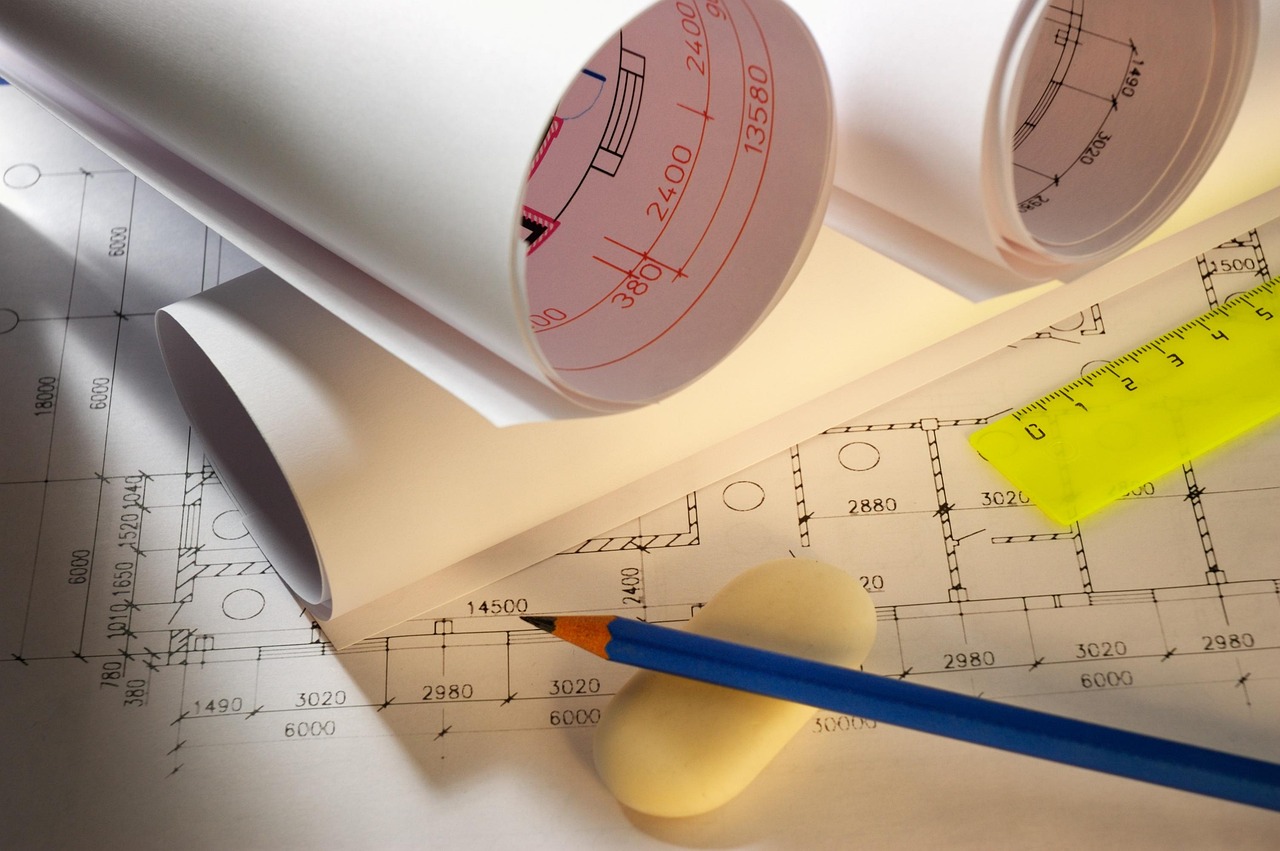01
Oct 2024
Contractor Selected for Construction of New Shellharbour Hospital
Published in News on October 01, 2024

Work on the new Shellharbour Hospital is moving forward, with the appointment of BESIX Watpac as the main contractor for the project. The contractor was selected through a competitive tender process and will oversee the construction of the hospital, part of a broader $780 million Shellharbour Hospital and Integrated Services initiative.
Health Minister Ryan Park announced the contractor's engagement, emphasizing the significance of this project, which was jointly funded by the NSW and Australian governments. The development will include:
- Expanded emergency and surgical services
- Rehabilitation and aged care facilities
- Acute medical services
- Mental health services
- Renal dialysis
- Outpatient care
- Car parking and improved public transport links
Additionally, the hospital’s design will allow for the future construction of a rooftop helipad. The project also includes expansions at Bulli Hospital and new rehabilitation and palliative care beds at Wollongong Hospital, along with a community health centre at Warrawong, to be built on the old Port Kembla Hospital site.
The contractor’s appointment follows the recent approval of the State Significant Development Application (SSDA), clearing the way for site establishment and final design work. Construction is expected to be completed by 2027.
Minister Ryan Park expressed excitement over this milestone, highlighting the hospital’s role in delivering high-quality healthcare and creating local jobs. Planning and Public Spaces Minister Paul Scully also emphasized the importance of the approval for health services and job creation in the region. Member for Shellharbour Hospital Anna Watson noted that the project will accommodate future population growth and ease pressure on other local hospitals, with construction expected to generate 800 direct jobs and potentially thousands of indirect jobs.
For those needing accommodation during hospital stays, options like fully furnished serviced apartments are available nearby, providing comfort and convenience for patients and their families. Providers like Hospital Stays offer a range of short-term accommodation solutions close to healthcare facilities, making it easier to access services during medical treatments.









